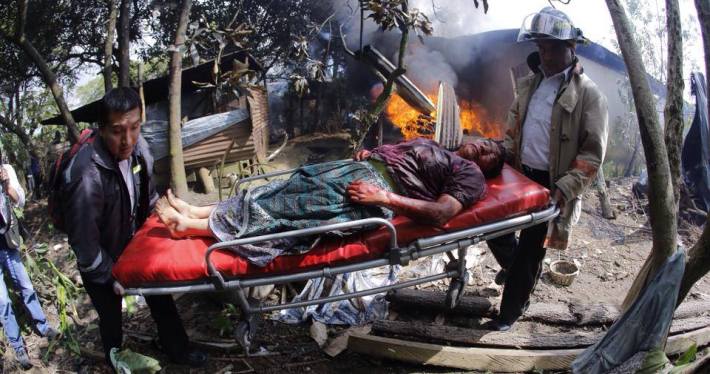
EspañolAt first sight, Venezuela, Saudi Arabia, and Norway may look like completely different countries.
The Scandinavian nation is an established democracy, the Asian kingdom is ruled under rigorous religious principles, and the South American country leans socialist and populist.
These three countries, however, share a characteristic: they are oil-exporting nations that use oil revenues to fund and promote their ideas and projects overseas, especially when oil prices are high.
Across Latin America, it is well known that Venezuela’s Chavista regime has financed the activities of various left-wing leaders in the region. Although such interventions failed in several countries, they did succeed in Bolivia, Ecuador, and Nicaragua in propping up authoritarian, caudillo–style leaders who hold on to power without regard for rule of law or for basic individual liberties.
The Saudi case might look different, but in reality, it’s quite similar. Huge oil revenues have allowed the Saudis to intervene in all sorts of conflicts in their region, supporting allies who hold similar religious ideas and fighting against enemies who perceive Islam differently.
One would think that the Kingdom of Norway, which is democratic, plural, and a strong advocate of human rights, would act differently. One would think that the Norwegian government would defend principles like freedom and self-determination for the nations which receive its largesse. But the case of Norwegian foreign aid to Guatemala clearly shows how “international cooperation” can easily advance a political agenda that, being out of touch with the recipient country’s reality, ends up generating or exacerbating conflicts and causing great harm.
Without understanding Guatemala’s complex political, social, and cultural reality, the Norwegian government has promoted extremist groups’ interests. This has led to conflict and even violence, for instance in the case of the attacks against a cement factory in the town of San Juan Sacatepéquez near Guatemala City.
[adrotate group=”7″]
It was there that, some months ago, Guatemalan extremists murdered an entire family, whose members were guilty only of wishing to work for the company that operates legally in the town. Some 10 corpses bear witness to the cruel way in which the supposed defense of the environment can turn into a mortal confrontation which violates the primary and most essential human right: the right to life.
The Norwegian embassy has financed various groups of this type in Guatemala. Their stated intention is to provide support to the country’s indigenous communities, which supposedly face discrimination. But those in charge of the Norwegian state haven’t understood that their money has been used to create and maintain organizations that treat conflict as a profession. They use violence and extortion to gain power, and they strive to revive the confrontation which devastated the country during the second half of the 20th century.
They have sown hatred and prevented mining and hydroelectric companies from investing in the country, thus delaying Guatemala’s progress. There is even irony in this: groups financed with Norwegian funds virulently oppose hydroelectric power, although it is used broadly and systematically in the Scandinavian nation.
Fortunately, the Norwegian government seems to have understood that its presence in Guatemala is not favorable to Guatemalan citizens’ interests. For this reason and others, Norway has decided to end its social experiments on Guatemalan soil.
It would be immensely helpful if other First-World states — like Spain, Sweden, Belgium, or the United States — could also understand that giving money to extremist, violent groups constitutes a pernicious intervention in local affairs. By doing so, they harm Guatemalans, but they harm themselves as well.
 Versión Español
Versión Español












